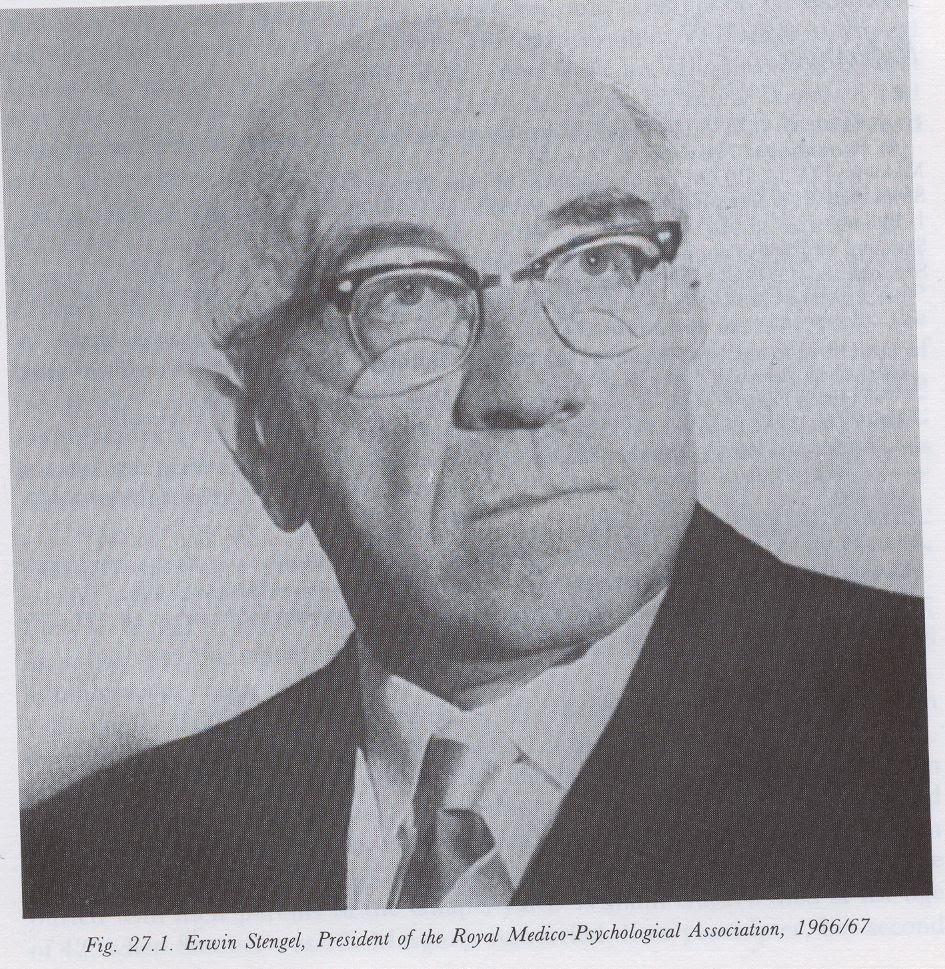An English edition The man who closed the asylums will be available in August 2015. To quote from the blurb:-
Asylums incarcerate the "mad" and exclude them from society. Gorizia, a grim mental asylum, right on the edge of Italy, miles from anywhere, was no exception. Yet, when a new director was appointed in 1961, everything changed. Drawing on the writings of Erving Goffman and Michel Foucault, interested in experimental "therapeutic communities" in the UK, the work of Frantz Fanon, and the ideas linked to radical psychiatrists like Felix Guattari, Franco Basaglia was convinced that the entire asylum system was morally bankrupt. So he decided to abolish it. This is the first comprehensive account of Basaglia's revolutionary approach to psychiatry and mental health. The book is a gripping account of one of the most influential psychiatrists of the twentieth century.
Basaglia's influence has not always been assessed positively in the literature in english, particularly as he is seen as the architect of law 180, passed by the Italian parliament in May 1978. This law prevented new admissions to existing mental hospitals and decreed a shift of perspective from the asylum to treatment and rehabilitation in the community with diagnosis and treatment beds in general hospitals. The asylums actually started reducing in size in the UK and USA before Italy. Even though there has been controversy about Basaglia, the traditional asylums have come to be closed anyway as they became increasingly irrelevant to modern mental health practice. The historical perspective in the book on the origins of Basaglia's anti-institutional practice in Gorizia provides a corrective to some of the misunderstandings in the english literature.





























